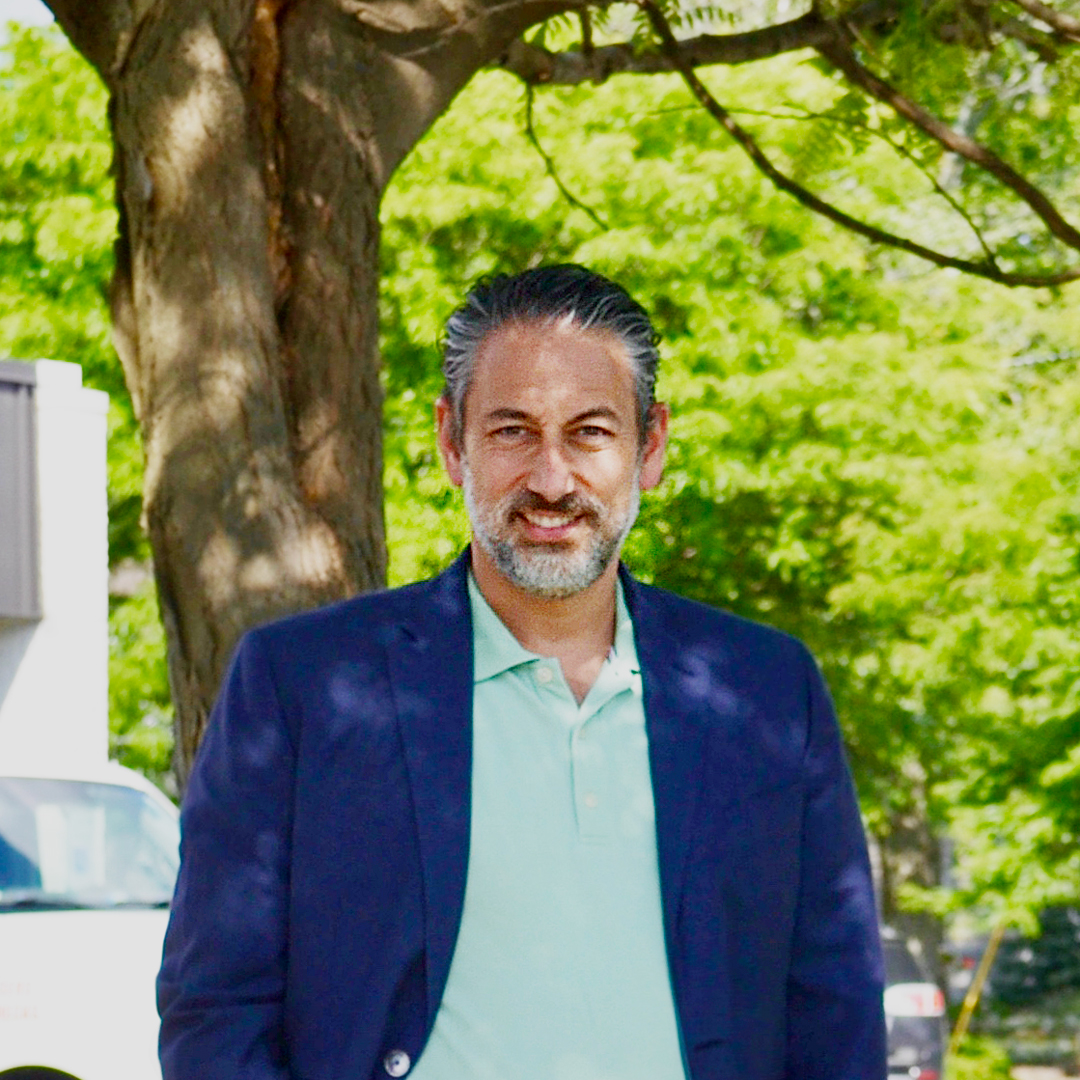|
Getting your Trinity Audio player ready... |
Southern California native Deborah Johnston grew up going to games at Angel Stadium. Today, instead of watching her favorite team compete on the diamond, she’s helping build its high-performing front office staff and one of the best workplace cultures in Major League Baseball.
Johnston has worked in HR for more than twenty years. Roles in various industries such as advertising, land development, and risk management have helped her develop expertise in employee relations, compliance, labor law, recruitment, and organizational development. “I’ve grown to love everything about human resources, and I’ve worked at many great places,” she says. “But for me, a job at the Los Angeles Angels is truly something special.”
The former Division I NCAA athlete earned a psychology degree from Florida State University. She understands the competitive nature of sports and what it takes to build an effective team both on and off the field. “A good softball team has a common goal, and a good workforce has to share a same common goal too,” she says.
Everyone at the Los Angeles Angels is committed to supporting their colleagues, creating a superior fan experience, and helping support baseball operations’ pursuit of the franchise’s first World Series championship since 2002. But that commitment didn’t evolve by chance—Johnston has worked with other executives to carefully craft and implement a corporate culture anchored by transparency, openness, honesty, and trust. A belief that good ideas come from all levels drives her to create unique opportunities for collaboration.
HR hosts town hall meetings twice a year. Social events like kickball and bowling tournaments facilitate interdepartmental interactions. But most importantly, Johnston and her peers lead by example. She spends many hours in other offices and the stadium asking questions and soliciting feedback from employees, managers, and department heads.

Team president John Carpino is known for walking the Angel Stadium concourse before, during, and after home games. He knows part-time and event-day workers by name, and they feel comfortable approaching him with issues, concerns, or ideas, which is central to creating a family-friendly environment for employees and fans. “Amazing things can happen when you actually get to know your employees,” Johnston says. “You build trust, and you learn things that you can use to make your organization better.”
In 2017, Johnston adjusted employee welfare programs based on conversations Carpino and others had with staff members. The talks revealed that many Angels baseball employees had competing needs. While parts of the workforce wanted more health coverage, others preferred lower premiums. In response, the HR department expanded the organization’s high-deductible health plan and started offering a health savings account.
One other factor makes the organization unique: its size. Despite playing in one of MLB’s biggest markets, the Angels have just 1,800 employees. Their National League counterparts, the Los Angeles Dodgers, have 3,000. Johnston supports an 1,800-member workforce with a shockingly small HR department of just four people. This reality brings both challenges and opportunities; each person will get a greater chance to learn and contribute, but HR is under pressure to build the perfect team. “Our small size means we have to get recruiting and hiring right,” Johnston says.
“Our small size means we have to get recruiting and hiring right.”
Mayra Castro started working at the Angels after graduating from California State University. She’s grown and developed under Johnston’s leadership and now leads screening and recruiting as an HR manager. Behavioral-based interviews eliminate canned and rehearsed answers and force candidates to demonstrate how they really respond in difficult situations. Johnston has trained Castro and others to identify certain personality traits consistent with the Angels’ culture. She’s also asked managers to increase the number of diverse candidates with inclusive job descriptions and diverse hiring teams.
Today, the Angels are among the league’s leaders when it comes to front office and on-field diversity. Johnston often recruits women and ethnic minorities from her network of collegiate coaches. “The traits that student athletes have translate well to the professional environment, and I know diverse employees give our organization an advantage because we can reach the best results when we attack issues from different viewpoints,” Johnston says.
With new manager and two-time World Series champion Joe Maddon guiding a powerhouse lineup of the game’s best players, the future is bright for the Angels. They’re ready for a run at the playoffs, and Johnston has worked hard to make sure the front office is ready to support that quest. She’s built a friendly, welcoming, authentic environment that people want to be a part of—and that feeling of inclusion translates to game day operations and fans. For seventeen straight seasons, the Los Angeles Angels have drawn more than three million fans to be part of the Angels family.

